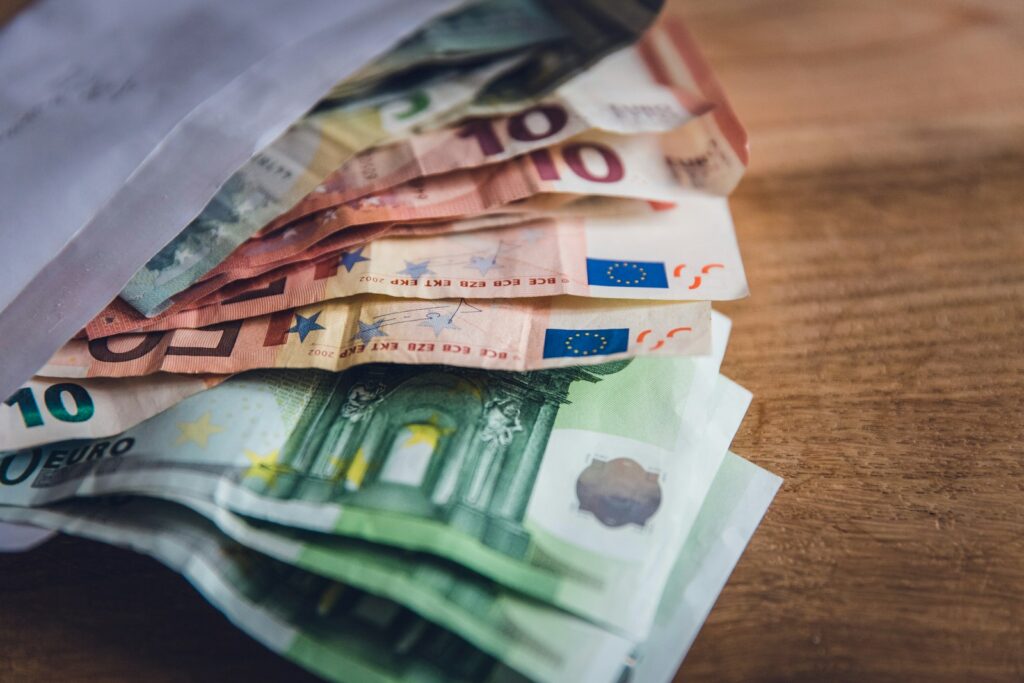Slovakia’s response to the tariff threat? The Prime Minister and the Minister of Economy have begun saying they want to redirect EU funds to help companies affected by US tariffs. We do not yet know exactly what this crisis will look like—but we already know the solution: European money.
Journalists are asking us whether this is a good or a bad decision. You might be surprised, but I do not have an answer. The question could be rephrased like this: Would EU funds bring greater added value if used for their original purpose—say, repairing a local road in Nowheresville or would they bring more value if they were used to implement digital smart solutions in the production of Slovak traditional cheese, or to subsidize shoe seamstresses?
No tool can measure the impact of EU funding. The only thing we can measure is whether they are being spent or not. “Spending the funds” is the only fixed point in the subsidy universe—the one goal that satisfies both Brussels and Bratislava. Although there is a complex structure of approved programs with various objectives, at the end of the day, European money is political money meant to be divided up.
Just consider how “elastic” EU funds have become in recent years. Covid? We redirect the EU funds. Energy crisis? We redirect the EU funds. Tariffs? We redirect the EU funds… Every two years, a new reason is found to alter the intended use of European funds. And, of course, this is not just the case in Slovakia.
Some might argue that this is exactly how it should be. European money is like an ace up the sleeve—or more like a wild Joker card that can be used anywhere. But as an economist, I have to object. No money is truly free, even if it sometimes seems that way. It always represents scarce resources, and if they are used here, they cannot be used elsewhere. These elastic funds are taken from the hands of entrepreneurs and consumers, on the assumption that politicians will know how to use them better.
I say this assumption is wrong. You may disagree, but perhaps we can agree on one thing: the presence of such elastic funding delays—or even prevent—real solutions. Neither Slovak nor European industry will be saved by simply throwing money at it, but rather through changes in regulatory, tax, social, and energy policies.
Many of these tasks are domestic. Even the well-known shoe company closed its Slovak branch—not the Portuguese one. And it was not Trump or the EU who, within a single year, introduced a higher corporate tax, a financial transaction tax, sports vouchers, higher VAT, an extended special levy, increased toll fees, or a sugar tax in Slovakia.
Translated by Ina Sečíková
Continue exploring:
Insights on the Iranian Regime and Society with Walter Posch [PODCAST]
High-Speed Rail to Riches Is Achievable in Central and Eastern Europe Through Privatization



